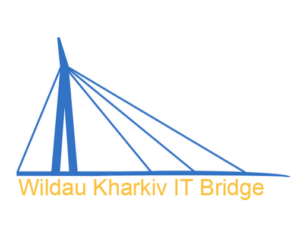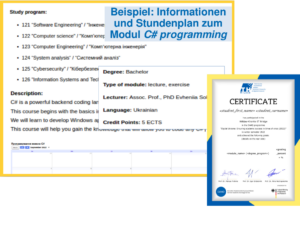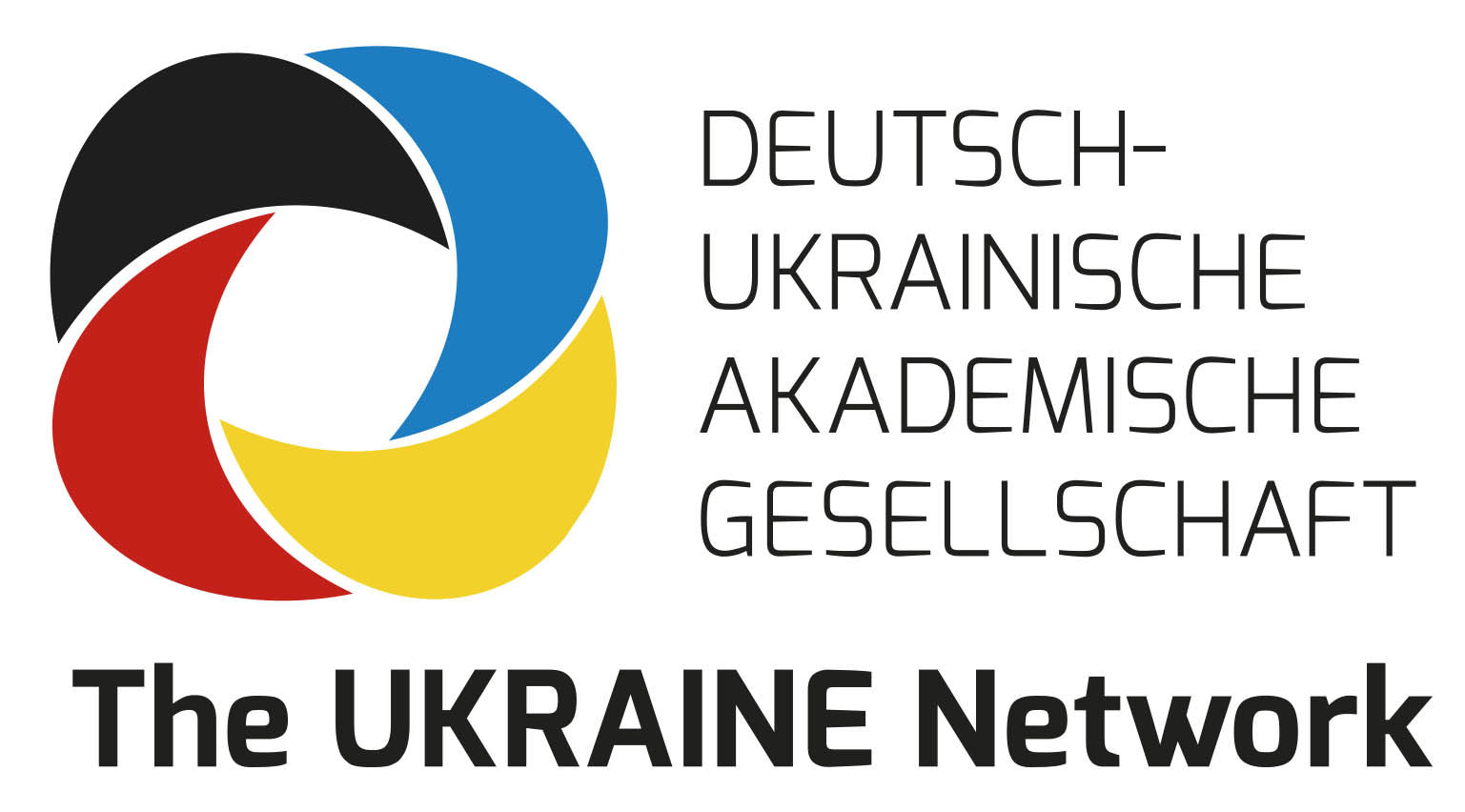After the start of russian invasion, the German Academic Exchange Service (DAAD) set up the program “Ukraine digital – ensuring student success in times of crisis”. The “Wildau-Kharkiv-IT-Bridge”, now in its third year, supports lecturers and students in the IT sector in Ukraine. Report prepared by DUAG members, Prof. Dr. Marcus Frohme and Prof. Dr. Alina Nechyporenko.

Since IT area is traditionally very flexible, one of the goals was to reduce the “brain drain”, especially since some universities were not operating any more. The second largest Ukrainian city, Kharkiv is an important science and IT center and it was particularly badly affected by the war. We employed 60 lecturers from up to 9 universities who taught modules online in 15 degree programs, with the most being in the IT sector (e.g. computer science, cybersecurity, etc.), but also in the areas of medicine, finance, libraries, etc.
The service is offered via a website and made available in Ukraine via a Google Workspace for Education platform. Professional addressing via social media channels reaches around a quarter of a million recipients.
Approximately 2,500 students have completed the courses each semester and a total of >4,500 certificates have already been issued for successful participation.
The average course size is 40 students (smallest: 18, largest: 164), who came from around 60 universities in almost 20 cities across Ukraine.

There are online get-togethers for lecturers, mainly for organizational questions, and several conferences have been organized on current teaching topics.
In the first year of the project the funds allowed to invite teachers from Kharkiv to Wildau and for evaluation and accompanying research by the sociology chair at the Karazin University (Kharkiv).
The activities of the Wildau-Kharkiv IT Bridge were reported in various media, the project was mentioned in the German parliament (Bundestag) and presented to politicians at a “donor conference”. In the future, we plan to develop joint study programs.
